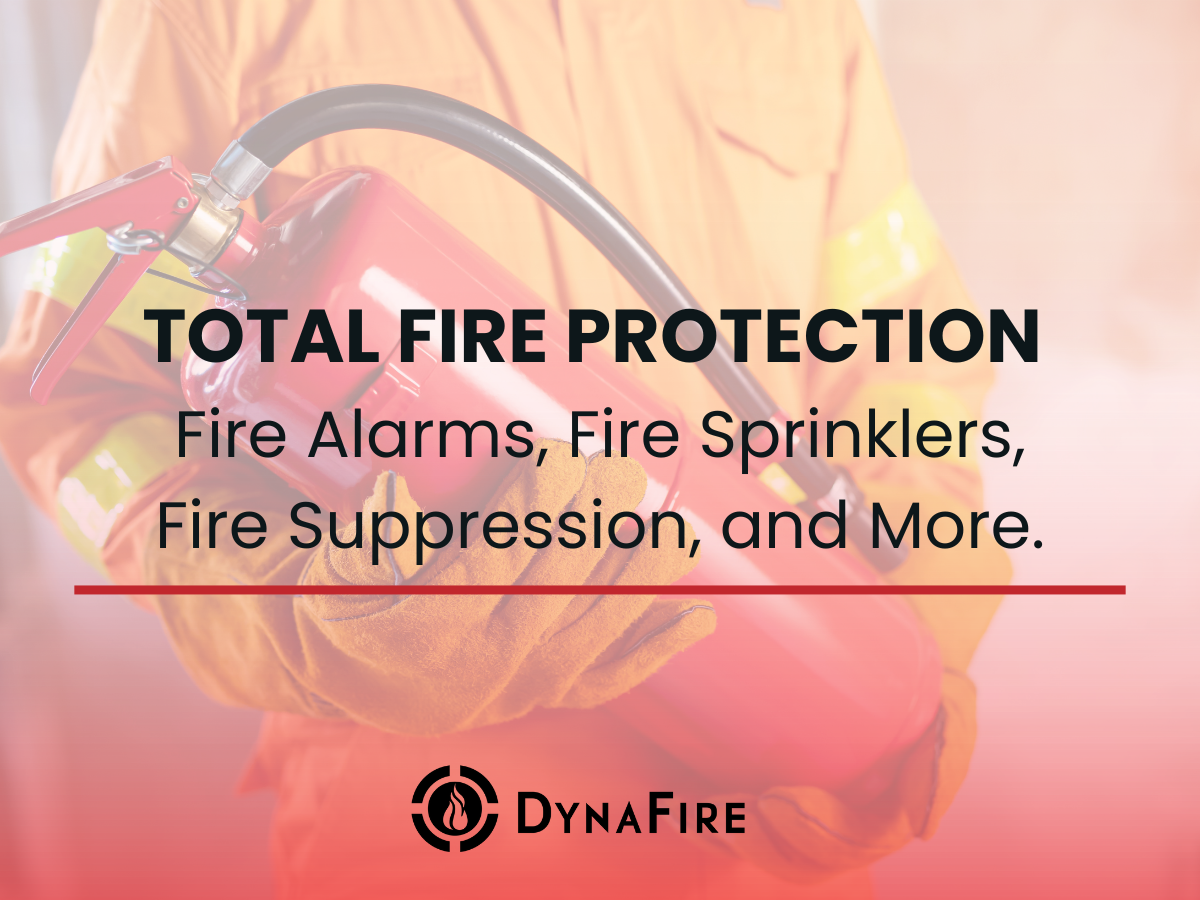What should business owners know about summer commercial fire safety tips to protect their properties during the hotter months? Read on to find out.
As temperatures rise, so does the risk of fire in commercial properties. From increased electrical usage to seasonal maintenance work, summer brings unique hazards that can threaten your building and the people in it. These summer commercial fire safety tips can help you stay ahead of those risks and keep your property protected all season long.
1. Check HVAC Systems for Fire Hazards
Your HVAC system works harder in the summer, which means it’s more likely to overheat or cause electrical issues if not maintained.
- Schedule a full inspection before peak usage.
- Clean or replace filters to prevent dust buildup.
- Ensure motors, wires, and electrical connections are in good condition.
- Make sure ventilation is unobstructed and meets code.
A well-maintained HVAC system not only improves comfort but also reduces fire risk.
2. Inspect Electrical Systems for Overload Risks
Summer often means more demand on electrical systems, especially in retail, hospitality, and office buildings.
- Check breaker panels and wiring for signs of wear or overheating.
- Don’t overload circuits with fans, portable A/C units, or seasonal lighting.
- Encourage employees or tenants to report flickering lights or outlets that spark.
Preventative electrical inspections are one of the most overlooked summer commercial fire safety tips, but one of the most important.
3. Review and Test Your Fire Alarm System
Your fire alarm system should be tested regularly—but summer is a good time to double-check everything before storm season or tenant turnover.
- Test smoke and heat detectors in all occupied areas.
- Verify alarm panel functionality and notification signals.
- Confirm that your monitoring provider is receiving alerts.
- Schedule any overdue inspections or maintenance.
Don’t assume the system will work in an emergency—confirm that it will.
4. Keep Outdoor Areas Clear of Combustibles
Warmer weather means more landscaping, tenant move-outs, and deliveries. These activities can unintentionally create fire hazards around the exterior of your building.
- Store flammable materials (like mulch, paint, or packaging) away from the structure.
- Don’t block fire lanes or hydrants with trash bins or landscaping equipment.
- Clear dry vegetation and debris away from mechanical equipment.
Outdoor fire risks often go unnoticed—but they can escalate quickly in dry, hot conditions.
5. Be Cautious with Summer Renovation or Construction Projects
Many businesses schedule renovations during the summer, especially when occupancy is lower. But construction brings new fire risks.
- Make sure contractors follow proper hot work protocols.
- Keep fire extinguishers accessible in all work zones.
- Disconnect unnecessary power tools and equipment when not in use.
- Maintain a fire watch when required by code or the Authority Having Jurisdiction (AHJ).
If you’re unsure what your retrofit or renovation requires, consult your fire protection provider before work begins.
6. Maintain Fire Suppression Systems in Kitchens and Breakrooms
Heat, grease, and heavy summer usage can increase the risk of a fire in kitchen areas—especially in restaurants or employee break rooms.
- Inspect kitchen hoods and suppression systems.
- Clean exhaust fans and filters regularly.
- Test suppression triggers and replace expired nozzles or canisters as needed.
- Train staff on what to do in the event of a kitchen fire.
A small fire in a breakroom microwave can spread fast if suppression systems aren’t functional.
7. Prepare for Storm-Related Power Surges
Florida summers often bring lightning storms, hurricanes, and unexpected power outages. These can damage fire protection systems or trigger false alarms.
- Use surge protection for alarm panels and sensitive equipment.
- Install battery backups or generators for critical systems to ensurean uninterrupted power supply.
- Test your fire alarm’s backup power supply.
Power loss shouldn’t mean losing your building’s ability to detect or respond to a fire.
8. Refresh Your Fire Safety Plans and Training
Warmer months often bring new employees, seasonal staff, or schedule changes. That makes summer a great time to revisit your fire safety plans.
- Review evacuation procedures and meeting points with all staff.
- Ensure fire extinguishers are easily accessible and properly labeled.
- Provide refresher training for employees or facility staff.
- Ensure emergency contacts and monitoring info are up to date.
When everyone knows what to do in an emergency, your response time—and outcome—improves dramatically.
Need Help Implementing Summer Commercial Fire Safety Tips?
DynaFire is here to help you keep your building safe, season after season. From fire alarm inspections to retrofit projects and full-service monitoring, we offer expert support for commercial properties across Florida.
Contact us today to schedule a summer fire safety inspection or consultation with our experienced team.






